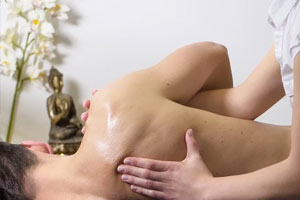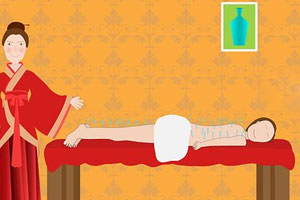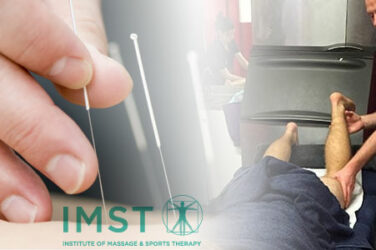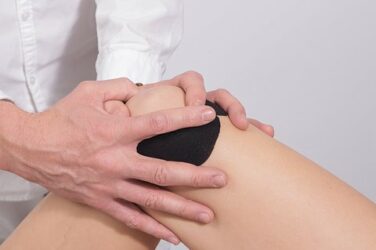Acupuncture Courses
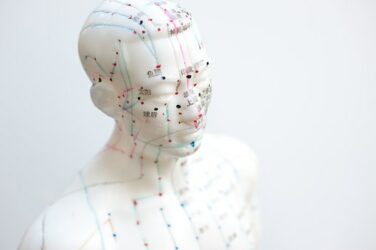
We can accept that any therapy practice that has survived thousands of years is likely to deliver benefits and results. Acupuncture, which originates from China, is one such practice, and it continues to grow in popularity in the western world.
Acupuncture is an alternative medicine which involves the insertion of very thin needles to various depths through the patient’s skin at specific acupuncture points on the body. Traditional Chinese medicine works on the premise that by stimulating these points, the practitioner can correct imbalances in the flow of qi through channels known as meridians. Whilst difficult to comprehend at first – acupuncture is quite easily explained.
Chinese medicine believes that the yin and yang in your body must be balanced. Balance ensures that the body is maintained in a healthy state but if they are not in balance then your vital energy flows are being blocked. This vital energy is also known as qi and when it is not allowed to flow freely through specific body channels called meridians, you are experiencing different health problems or illnesses. By inserting acupuncture needles in certain points on your body along these meridians you can unblock the qi and restore your overall balance.
Your first visit to an acupuncturist will involve him/her making a diagnosis; this can be done in a number of ways. It will most likely involve measuring your pulse and asking a number of questions to ascertain and build up a picture about your lifestyle and health. The acupuncture practitioner may also check your tongue, stomach or facial skin for certain indicators of bodily ills.
Once the diagnosis is made, the therapist will choose specific acupuncture points (at least five) on your body and insert sterile needles in them. The insertion points may be far away from the area of discomfort or pain, for example, if you are suffering from neck pain, the acupuncturist may use some points located on your hand. The needles are solid and very thin – ensuring that your treatment is pain free. They usually remain inserted in the patient’s body for about 20 minutes and after they are removed the therapy has ended.
Like any other alternative therapy – you must be patient with this treatment. Most people report feeling energised and feeling a sense of calm straight away. This gives a sense of immediate belief in this treatment – which is part of any therapy working. However, more than likely you will require several treatments.
Whilst, it is not quite known how acupuncture works scientifically; it does have some excellent therapeutic benefits. People use it to relieve any bodily pain and for therapeutic reasons – relieving nervous tension and mental health issues. The World Health Organisation states that acupuncture is effective for treating 28 conditions, and possibly many more.
The Western world has been familiar with this type of treatment only for a few decades but it has already become quite popular there. With prescribed medicines and treatments often not working and people wary of chemical intervention in disease, there is a willingness and interest in trying out alternative Chinese therapy.
Given the demand for credible practitioners; it is little surprise that there is an increasing amount of people becoming acupuncture practitioners. Accreditation and proper training is very important if you want to establish yourself in this business.
The Irish College of Traditional Chinese Medicine (ICTCM) offers an excellent three year course which can be undertaken on a part-time basis. The Acupuncture and TCM professional qualification is the Licentiate in TCM (Lic.TCM). Other courses can be viewed at the link below.
View acupuncture courses at the following link – https://www.findacourse.ie/search/acupuncture/


